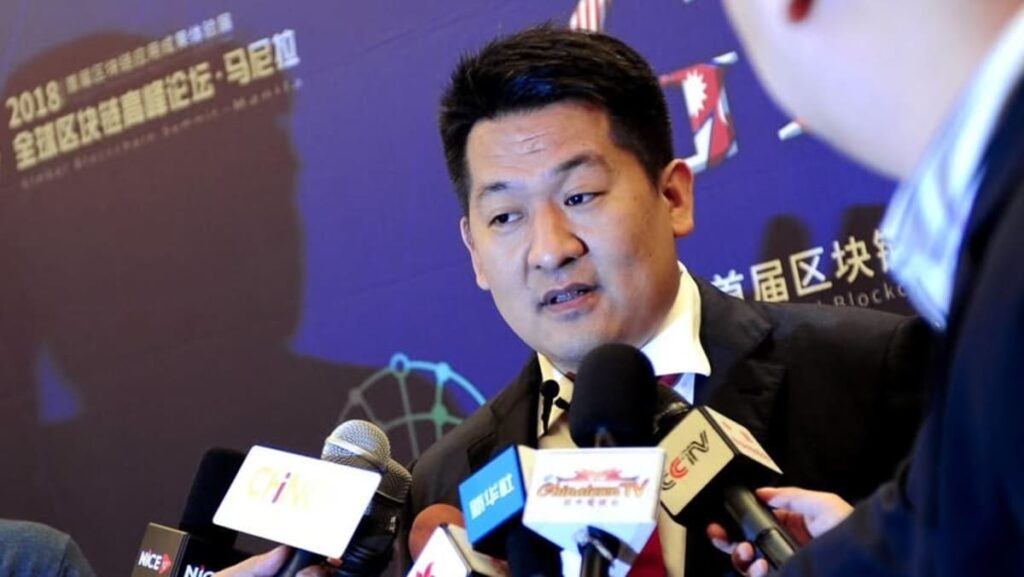BANGKOK: A Thai court of appeal has upheld an extradition order against a Chinese gambling kingpin after more than three years of legal battles, Thailand’s state prosecutor said in a statement on Monday (Nov 10).
She Zhijiang, 43, a Chinese national who also holds a Cambodian passport, was arrested by Thai police in August 2022 on an international warrant and Interpol red notice requested by Beijing, who accused him of running illegal online gambling operations.
A Thai criminal court ordered his extradition to China in May 2024, but his legal team appealed the decision, arguing that the order breached the law. Last month, the Thai Constitutional Court ruled that the extradition order was lawful.
She will be extradited to China “to stand trial for operating illegal casinos,” the Thai prosecutor’s statement said, adding that his alleged offences also included the founding and running of 239 gambling websites with circulating capital of over 12.63 trillion baht (US$385 billion).
He is also accused of building and operating two casinos at Shwe Kokko in Myanmar, where he allegedly “enticed Chinese nationals to participate in gambling activities” through various online platforms, the statement said.
She continues to deny any wrongdoing, saying that his case in China is politically motivated and based on alleged offences dating back to 2011, his lawyer Sanya Eadjongdee told Reuters.
He said that the Appeal Court reached its verdict on Nov 6 and relayed it to She and his legal team on Monday. She is detained at Bangkok Remand Prison.
Thai government agencies have 90 days to coordinate She’s extradition to China, Sanya said.
At the time of his arrest, She headed a gambling empire that included a US$15 billion casino, entertainment and tourism complex called Shwe Kokko on the Thai-Myanmar border.
The US Treasury Department in September sanctioned nine companies and individuals tied to Shwe Kokko for their links to regional scam and trafficking networks.
The border areas between Thailand, Myanmar, Laos and Cambodia have become hubs for online fraud since the COVID-19 pandemic, and the United Nations says billions of dollars have been earned from the trafficking of hundreds of thousands of people forced to work in these compounds.
Read the full article here
